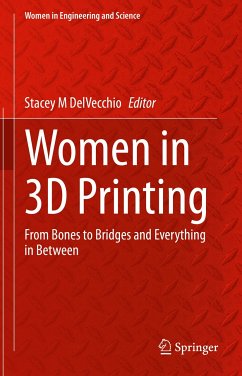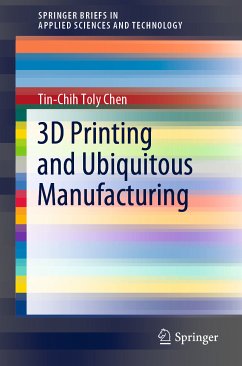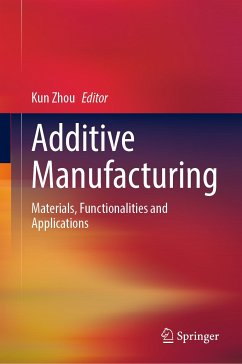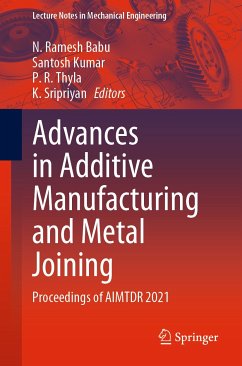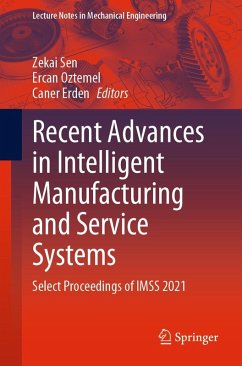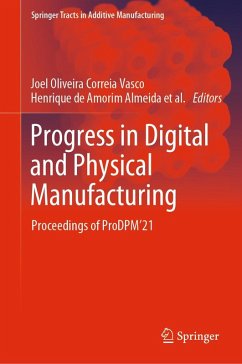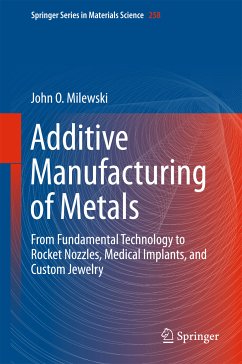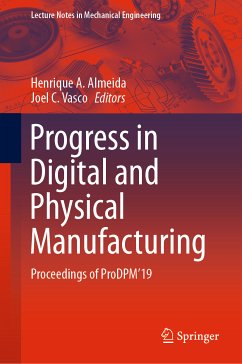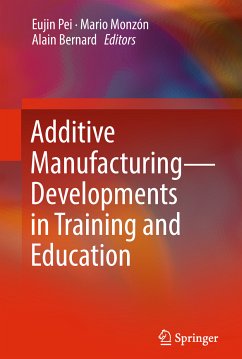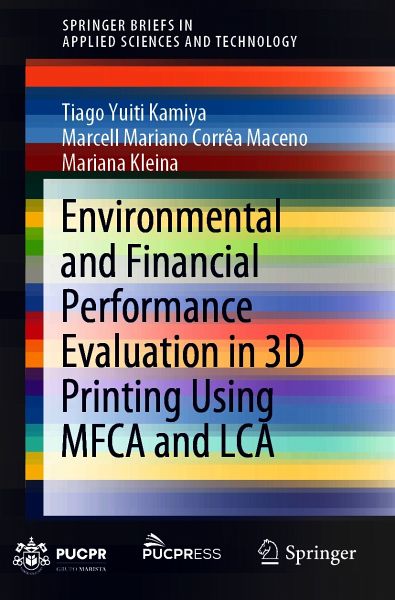
Environmental and Financial Performance Evaluation in 3D Printing Using MFCA and LCA (eBook, PDF)
Versandkostenfrei!
Sofort per Download lieferbar
40,95 €
inkl. MwSt.
Weitere Ausgaben:

PAYBACK Punkte
20 °P sammeln!
This book presents the methodology of environmental and financial performance evaluation in 3D printing processes using the MFCA and LCA. This methodology is divided into 7 main steps, which are: a) identification of the analysis problem (for example, comparison of different types of 3D printer for use in a given purpose, comparison of different printing materials for the same 3D printer technology, among others) and definition of printing parameters; b) definition of the product to be printed; c) preparation of the printing process flow diagram; d) definition or measurement of the lifespan of...
This book presents the methodology of environmental and financial performance evaluation in 3D printing processes using the MFCA and LCA. This methodology is divided into 7 main steps, which are: a) identification of the analysis problem (for example, comparison of different types of 3D printer for use in a given purpose, comparison of different printing materials for the same 3D printer technology, among others) and definition of printing parameters; b) definition of the product to be printed; c) preparation of the printing process flow diagram; d) definition or measurement of the lifespan of the printed product; e) data collection for the implementation of the LCA tool (for example, mass and energy balances); f) data collection for the implementation of the MFCA tool (for example, mass balances, energy balances, mass costs, energy costs, labor costs, etc.); and g) comparative assessment of the financial and environmental performance of 3D printing. As a way of exemplifying the application of this methodology, a real case is presented involving the comparison of two types of materials (Polylactic Acid - PLA - and Polyethylene Glycol Polyterephthalate - PETG) used in the 3D printing process by FDM technology. The part printed in this real case was a clearance gauge used as a joint spacing control by an automobile industry located in Brazil. The development of the methodology and consequent application has shown that it can be used by users of 3D printing, in the most diverse areas, to support their decision in choices that can present the best performance, both financial and environmental.
Dieser Download kann aus rechtlichen Gründen nur mit Rechnungsadresse in A, B, BG, CY, CZ, D, DK, EW, E, FIN, F, GR, HR, H, IRL, I, LT, L, LR, M, NL, PL, P, R, S, SLO, SK ausgeliefert werden.



